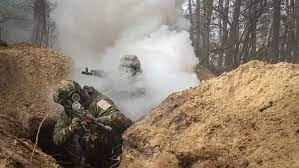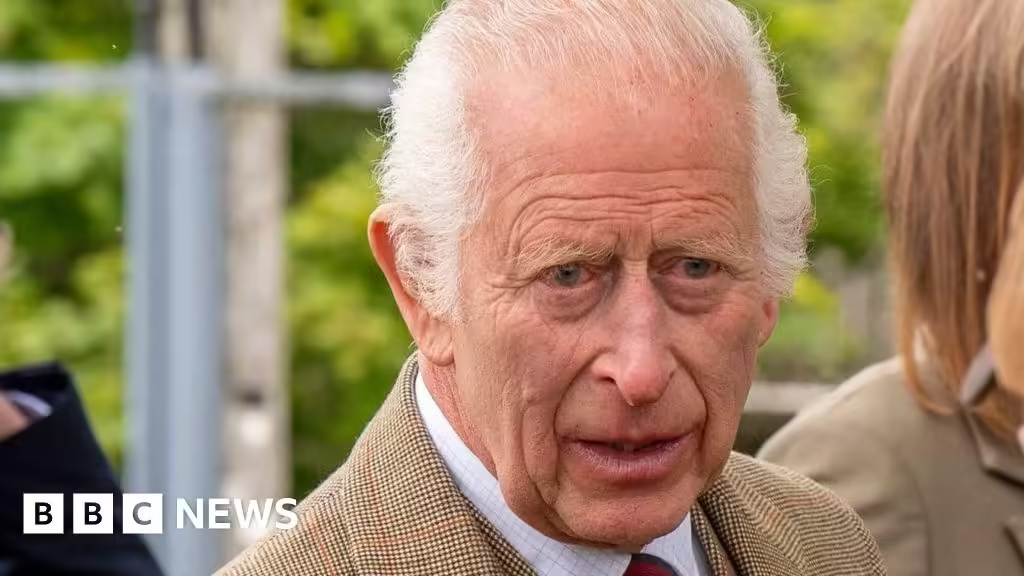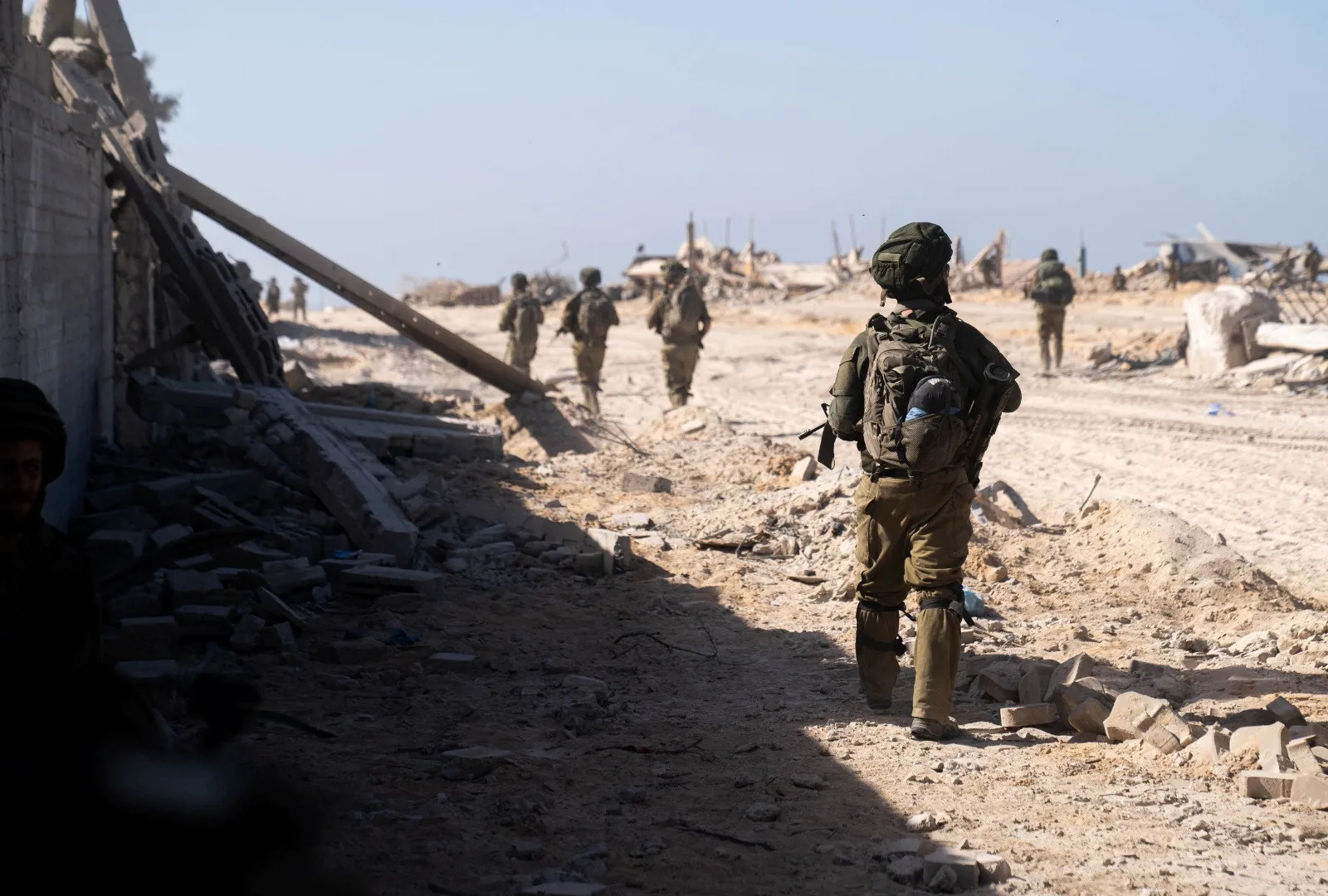Dutch and German intelligence agencies have gathered substantial evidence indicating Russia’s widespread and systematic use of banned chemical weapons in Ukraine, including dropping choking agents from drones to force soldiers out of trenches, exposing them to gunfire.
Dutch Defence Minister Ruben Brekelmans called for stricter international sanctions against Moscow, stating:
“Russia is intensifying its use of chemical weapons. This troubling trend has become more normalized, standardized, and widespread over recent years.”
Germany’s BND foreign intelligence agency confirmed the joint findings, which were independently verified by Dutch military intelligence. Peter Reesink, head of the Dutch Military Intelligence and Security Service (MIVD), stated their conclusions were based on their own investigations and direct observations.
Although Reuters has not independently confirmed these claims, the United States had already accused Russia of using chloropicrin — a highly toxic chemical agent used during World War I — as far back as May 2023. Ukraine also alleges thousands of chemical weapon attacks by Russian forces, with its health authorities reporting over 2,500 cases of battlefield injuries with chemical exposure symptoms and at least three confirmed deaths.
The Organisation for the Prohibition of Chemical Weapons (OPCW) has not launched a formal investigation into the accusations, citing lack of sufficient substantiation, and noting that only member states can initiate a probe.
Russia, a member of the OPCW, has consistently denied the use of illegal munitions and accused Ukraine of similar violations. On Wednesday, Russian foreign ministry spokeswoman Maria Zakharova claimed Ukrainian forces had stashed explosive devices laced with chloropicrin in eastern Ukraine — a claim Kyiv denies.
Brekelmans warned that Russia’s escalating chemical weapons use poses risks far beyond Ukraine’s borders. He urged the international community to respond with stronger measures, including barring Russian participation in OPCW’s Executive Council.
“We must step up pressure through tougher sanctions and prevent Russia from holding positions in international organizations like the OPCW,” he said.
Intelligence agencies also revealed that Russia is not only using chemical weapons but actively expanding a large-scale chemical warfare programme. According to Reesink, this includes advanced research, recruitment of chemical scientists, and direct instructions to frontline troops on deploying chemical agents.
The agents are being deployed in improvised forms, such as drones carrying light bulbs or bottles filled with choking gas like chloropicrin. The use of modified teargas munitions was also documented.
“This is not ad-hoc battlefield improvisation,” Reesink said. “It’s a systematic, centrally driven effort—virtually standard operating procedure for Russian forces.”
Chloropicrin, banned under the Chemical Weapons Convention monitored by OPCW, can cause severe respiratory distress, burns, and nausea. The Netherlands and Germany fear that failure to act will embolden continued violations of international law.
The Dutch government presented these intelligence findings in a formal letter to parliament on Friday. The European Commission is concurrently proposing additional sanctions targeting 15 new individuals and entities connected to Russia’s alleged use of chemical weapons.



